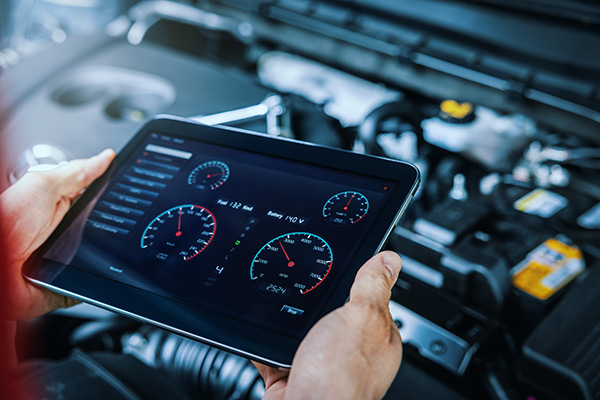
When it comes to keeping your car in top condition, regular maintenance is key. One essential aspect of car maintenance that often gets overlooked is the tune-up. But what exactly does a car tune-up entail, and why is it so important? Chahel Automotive shares the components of a car tune-up and discusses why it's crucial for the health and longevity of your vehicle.
Understanding the Importance of a Car Tune-Up
Let's first understand why this service is important. Over time, various vehicle components can become worn or degraded, leading to decreased performance, reduced fuel efficiency, and even potential safety hazards. A car tune-up helps address these issues by inspecting and servicing key components, ensuring your car runs smoothly and reliably.
Components of a Car Tune-Up
A comprehensive car tune-up typically includes the following components:
Spark Plug Replacement
Spark plugs play a crucial role in igniting the air-fuel mixture in the engine's cylinders. Over time, spark plugs can become fouled or worn, leading to misfires, rough idling, and decreased fuel efficiency. During a tune-up, old spark plugs are replaced with new ones to ensure optimal engine performance.
Air Filter Replacement
The air filter prevents dirt, dust, and debris from entering the engine's intake system. A dirty or clogged air filter can restrict airflow to the engine, leading to reduced performance and fuel efficiency. As part of a tune-up, the air filter is inspected and replaced if necessary to maintain optimal engine performance.
Fuel Filter Replacement
The fuel filter helps prevent contaminants from entering the engine's fuel system, ensuring clean fuel delivery to the engine. Over time, the fuel filter can become clogged, leading to engine hesitation, stalling, and rough idling. During a tune-up, the fuel filter is inspected and replaced if necessary to maintain proper engine operation.
Ignition System Inspection
The ignition system, including the ignition coils, distributor, and ignition timing, is inspected during a tune-up to ensure proper operation. Any issues with the ignition system can lead to poor engine performance, misfires, and difficulty starting the engine.
Fluid Checks and Changes
Fluid levels, including engine oil, transmission fluid, coolant, brake fluid, and power steering fluid, are checked during a tune-up. Any low or dirty fluids are topped off or replaced to ensure proper lubrication and operation of vehicle systems.
Benefits of Regular Tune-Ups
Regular tune-ups offer several benefits for your vehicle:
- Improved Performance: A properly tuned engine operates more efficiently, delivering better acceleration, power, and fuel economy.
- Enhanced Reliability: By addressing potential issues before they escalate, tune-ups help prevent breakdowns and roadside emergencies.
- Extended Lifespan: Regular maintenance helps prolong the life of your vehicle's engine and components, saving you money on costly repairs and replacements down the road.
- Safety: Ensuring all vehicle systems function correctly reduces the risk of accidents and improves overall driving safety.
When Should You Schedule a Tune-Up?
The frequency of tune-ups can vary depending on vehicle age, mileage, and driving conditions. Generally, most manufacturers recommend scheduling a tune-up every 30,000 to 50,000 miles or every two to three years. Consult your vehicle's owner's manual or Chahel Automotive for specific recommendations based on your vehicle's needs.
Ready to give your car the tune-up it deserves? Trust Chahel Automotive for expert service and to keep your vehicle running smoothly. Schedule your tune-up now and experience the difference!